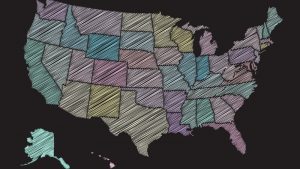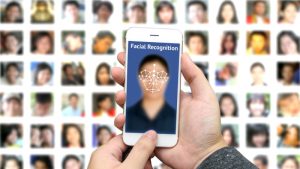The Los Angeles County Sheriff’s Department will use drones in specifically defined incidents that include: search and rescue, explosive ordnance detection, hazardous materials incidents, disaster response, arson fires, hostage rescue, and barricaded and armed suspects.
Following public backlash, the Boston Police Department (BPD) has scrapped plans to purchase social media monitoring technology.
A privacy committee for the City of Oakland passed an ordinance that would restrict surveillance, which will be decided on by the City Council.
A bill filed last month with the California Senate for the 2017 legislative session would prohibit the acquisition of new surveillance technology without local government approval, as well as require all law enforcement agencies to submit a comprehensive Surveillance Use Policy.
Civil rights advocates flooded a City Council hearing to protest the Boston Police Department’s plan to buy $1.4 million in social media monitoring software. Advocates questioned police promises to respect citizen privacy, as well as whether the technology can actually detect threats.
Alex Alben, Washington state’s chief privacy officer, is helping private citizens, government agencies, and small businesses in the state better understand privacy laws and how to protect privacy when using and sharing sensitive information.
The New Orleans Police Department plans to install automatic license plate readers throughout the city. Police consider the investment in the new technology, used elsewhere in Louisiana, as a “down payment” on public safety. The cameras will allow police to mine a large database of license plate images and identify and track suspects.
One in two American adults is in a law enforcement facial recognition database, which has the potential to disproportionately affect people of color, according to a report released by the Center for Privacy and Technology at the Georgetown University law school. A coalition of 52 civil liberties groups wrote a letter to the Justice Department, expressing their concern that facial recognition systems disproportionately affect communities of color.
Twitter, Facebook, and Instagram provided access to data for Geofeedia, which then gave law enforcement the location data in order to monitor protesters in Oakland and Baltimore, according to a blog post published by the American Civil Liberties Union on Tuesday.














